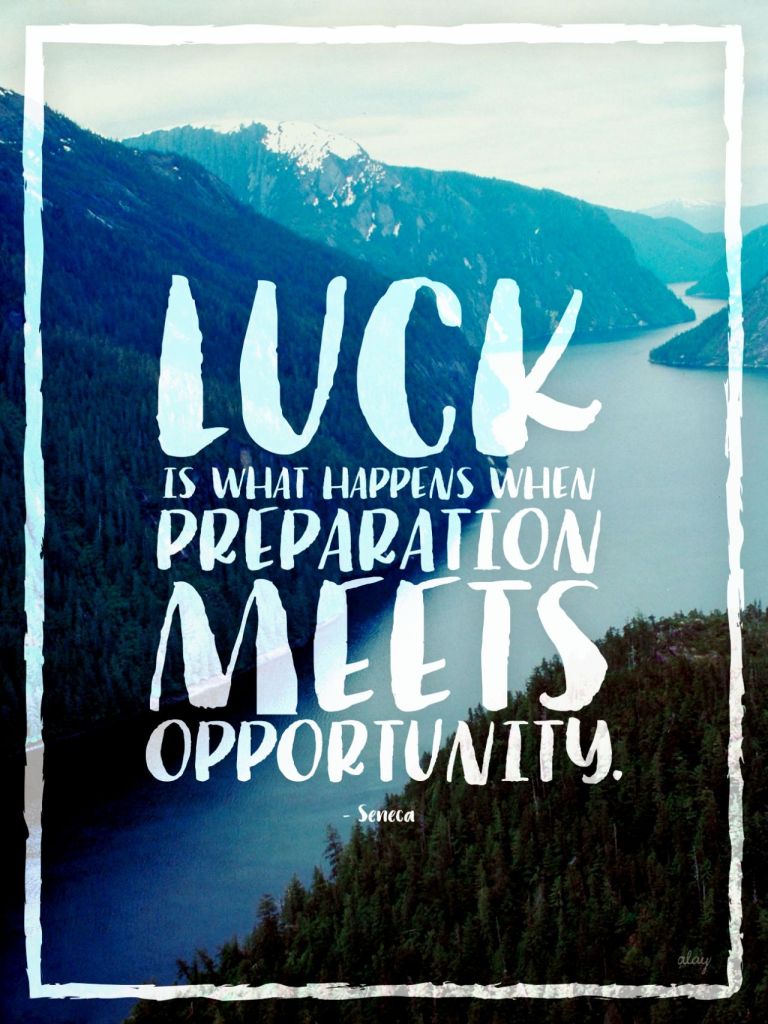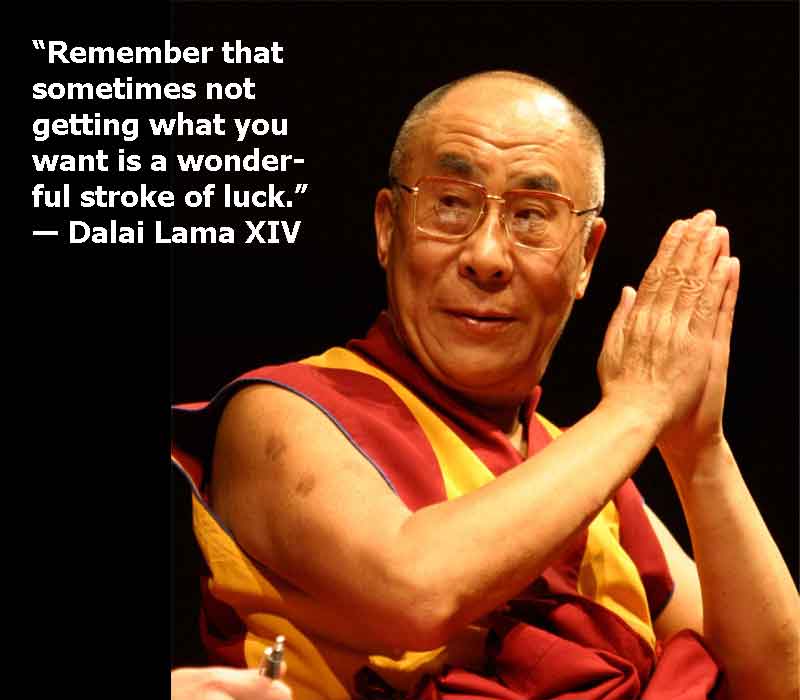All movie lovers will remember the ebullient & effervescent Geeta Bali challenging a down & out Dev Anand with the lilting taunt,” तदबीर से बिगड़ी हुई तक़दीर बना ले; अपने पे भरोसा है तो, एक दाव लगा ले” The challenge expressed by Geeta Bali’s eyes is beautifully captured by Geeta Dutt’s voice & SD’s tune in Baazi(1951). While to the inveterate gambler Dev plays in the movie numbers are sacrosanct, actually if you think about it numbers play an important role in all our lives. Is it because Life is a BIG GAMBLE and we are all awaiting outcomes with bated breaths though out our lives? With such uncertainty surrounding us, numbers give a sense of definitiveness. Maybe that is why we hold on to numbers through out our fearful lives.

When I was in college in Mumbai in the early 1970s, Matka was King & Ratan Khatri who ran Matka gambling dens in Mumbai was the virtual Badshah of the streets. Every nook & corner had small cubby holes where you could go & register your bet. You were given a small, perforated slip detailing your bet. The model was simple. A 3-digit number would be declared in the evening. The total of the 3 digits was what you tried to predict. If you got it right, the payoff was 1:9, For every 1 Rupee you bet you stood to gain 9 Rs . If you predicted the 3 digits also, the payoff was 1: 72. eg if the 3 digits declared were 279. This adds up to 18, 1 plus 8 again is 9. If you had bet on 9, you were paid out 1: 9. If you placed a bet on 279 you got 72 Rs for every 1 Re you bet. These 3 digits were declared at 7 pm & then again at 11 pm. So you could play for the 7 pm declaration (called Open, don’t ask me why) and/or Close, which was declared at 11 pm. You could bet on a Number , a Pana (the 3-Digit combo) at Open or at Close or both. As the probability of getting the numbers right diminished, payouts became astronomical.

One thing Ratan Khatri managed was make every Mumbaikar familiar and cognizant of the English numbers. This was regardless of education and social class. All learnt to read and write English numbers. On the roads, at kerb sides, outside the betting dens the Pana (3 digits) and the Number was written in white chalk 2 times every day. If your bet was right the payout would happen in cash the next day. Every passing cab or rickshaw was scrutinised to see if it gave any lucky no you could use to bet that day. if 2 taxis had 5 and the ending no. you bet on 5 that day. Movies which showed vehicles’ number plates, advertisements, random slips of wrapping papers were all studiously checked for hints on what number to bet on today. Ratan Khatri laughed all the way to the bank, as the odds always favoured him. But Mumbai was hooked onto numbers.

This college memory is deep in my heart. But what can you say about numerologists and simpletons who will begin an endeavor on an auspicious date? Why is every donation 51 Rs or 101 Rs or 1001? Is a round no bad luck? The street matka mindset is repeated as you go up the social strata and the betting switches to Horse racing. Statistics & number tracking becomes more elaborate. Stakes multiply multifold. But how is the number game different when you talk of Cricket betting? Or the Satta Bazaar? or the number game on the floor of Stock Exchanges? Stakes are different, tools & techniques are different, but in all these games people play, Number is King. Science takes a back seat here along with rationality. And what rules is feelings, emotions, hunches & sentiments.

In a totally different context, Chinese consider number 4 as a symbol of death. While in the western world, hotels omit the 13th floor, in China it is 4th floor. Interestingly this mindset is also not uniform. I was doing some reading on whether & why number 13 is unlucky in some cultures & came across some interesting data. 13 is not actually Unlucky but rather considered auspicious in many cultures. One theory for 13 being unlucky is that this is due to the cultures employing lunar-solar calendars. There are approximately 12.41 lunations (the period of time averaging 29 days, 12 hours, 44 minutes, and 2.8 seconds elapsing between two successive new moons) per solar year, and hence 12 “true months” plus a smaller, & often portentous, thirteenth month.
In ancient cultures, the number 13 represented femininity, because it corresponded to the number of lunar (menstrual) cycles in a year (13 x 28 = 364 days). The theory is that, as the solar calendar triumphed over the lunar, the number thirteen became anathema. In France 13 was traditionally considered a lucky number prior to the First World War & was used in numerical form as a good luck symbol on postcards & charms. Neighboring Italy: 13 was the lucky number in football pools (Totocalcio). The Italian expression “fare tredici” (literally, “make thirteen”) means to hit the jackpot.

The United States of America was created from 13 British colonies. As such, the number 13 is recurring motif in American heraldry. e.g. there are 13 stars on the Great Seal of the United States & 13 stripes on the American flag. The chest shield in front of the spread eagle bears 13 stripes (seven white & six red). The eagle’s right talon holds the Olive Branch of Peace, bearing 13 olives & 13 olive leaves. The eagle’s left talon holds the Weapons of War, consisting of 13 arrows. The eagle’s mouth holds a scroll bearing the national motto “E Pluribus Unum” (which, by coincidence, consists of 13 letters).
In astronomy there are 13 star constellations in the zodiac (including Ophiuchus). In Judaism, 13 signifies the age at which a boy matures and becomes a Bar Mitzvah, i.e., a full member of the Jewish faith (counts as a member of Minyan). The number of principles of Jewish faith according to Maimonides. According to Rabbinic commentary on the Torah, God has 13 Attributes of Mercy.
So, if you ask is 13 lucky or unlucky, I will say to you that the Jury is still out. I proposed to my college sweetheart on the 13th day of November 1971, 5 decades ago. She said Yes. Whether I am lucky or unlucky I leave it to the readers to decide. I see my own answer change on and off, & sometimes multiple times in a day!!!
So remember, it is not the number, it is all in your mind : vikas
PS: this blog owes a lot to the inspiration provided by Vinit Deo & the article at https://www.nytimes.com/2019/02/05/science/chinese-new-year-lunar-calendar


